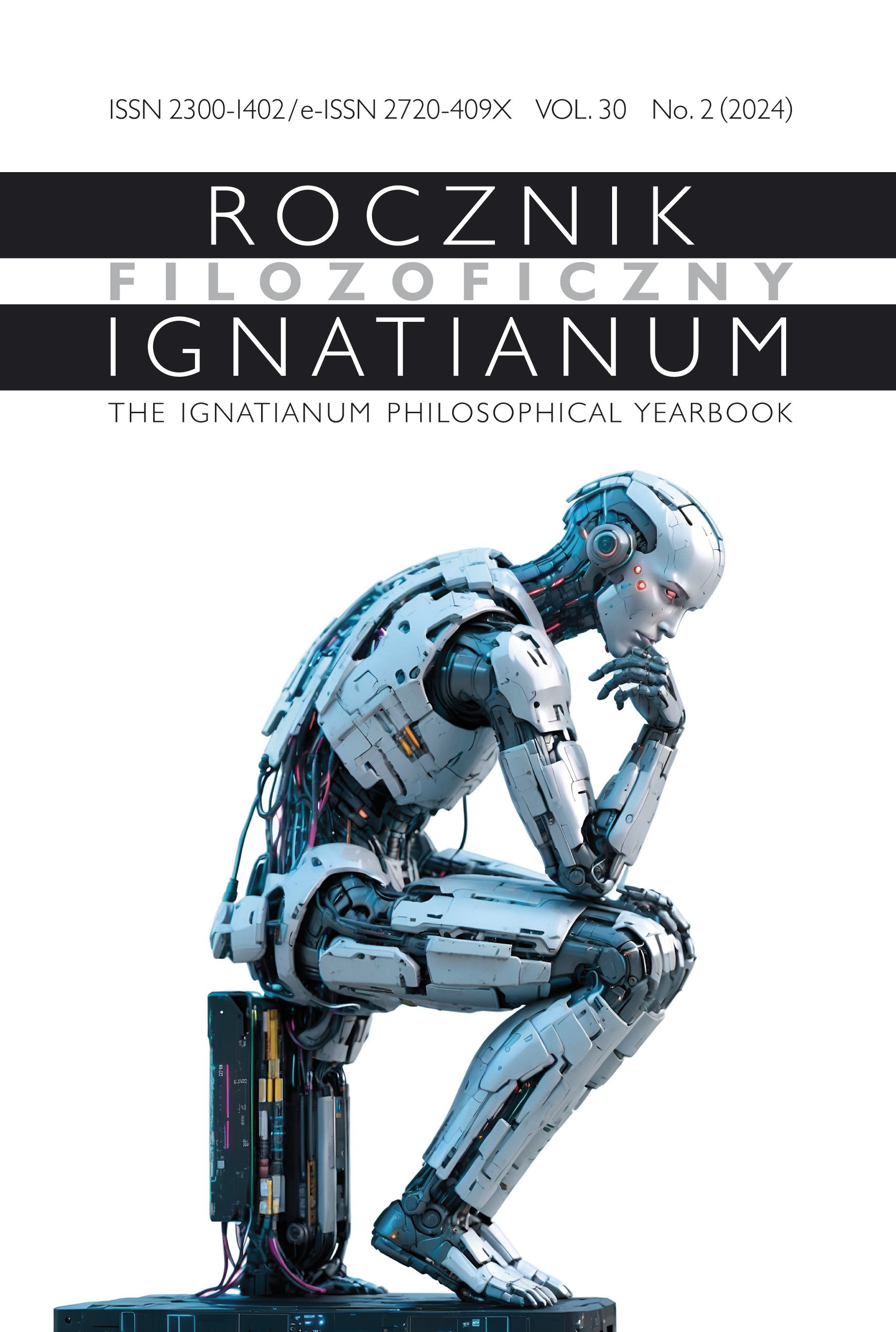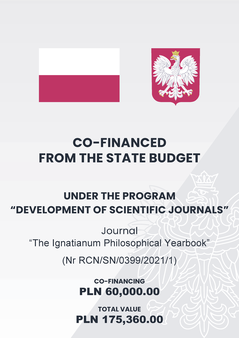On the (Hidden) Attributes of God
Abstract
Jeff Speaks argues that perfect being theists should refrain from attributing attributes to God and adopt agnosticism about the nature of God. The reason why they would make such a restriction is because of the problem of hidden attributes. Even if a perfect being theist manages to attribute to God a set of attributes that manifests no inconsistencies, the most sensible choice on the nature of God, according to Speaks, would still be agnosticism. Speaks argues that while it is possible for a theist to propose a coherent set of God’s attributes, he cannot guarantee that no conflict will arise between this set and God’s hidden attributes (those that are cognitively inaccessible to humans). I formulate three objections to Speaks’ view: an objection from the impossibility of showing inconsistency, an objection from the partial hiddenness of the attributes, and an objection from the simplicity of God. The first objection consists in pointing out that it is impossible to establish the occurrence of an actual inconsistency between visible and hidden attributes. The theist of perfect being may insist that the mere possibility of inconsistency between attributes is not the same as its actual occurrence. If so, then no strong reason can be seen for the perfect being theist to be compelled to advocate agnosticism about the nature of God. The second objection is contained in the remark that Speaks’ position appeals to the notion of attributes implicit absolutely. However, it is possible to retain the notion of hidden attributes while at the same time weakening it somewhat by speaking of the partially hidden attributes. This weaker notion of latent attributes does not force the theist to adopt agnosticism, for if he ascribes partially hidden attributes to God, he nevertheless has some knowledge of God. The third objection emphasises that by changing the conception of transcendence, Speaks’ notion of hidden attributes can be abandoned. The theist thus has at least three ways to avoid being agnostic about the nature of God.
References
Speaks Jeff, The Greatest Possible Being (Oxford: Oxford University Press, 2018).
Hudson W. Donald, „The Concept of Divine Transcendence”, Religious Studies 15 (3) (1979): 197–210.
Kvanvig Jonathan, „Divine Transcendence”, Religious Studies 20 (3) (1984): 377–387.
Copyright (c) 2024 Ignatianum University in Cracow

This work is licensed under a Creative Commons Attribution 4.0 International License.
The Yearbook only accepts materials for publication that are free of all conflicts of interest, and that in no way involve conflicts over authorship, copyright, etc. The Editors will take action against any cases of plagiarizing, ghostwriting1, guest/honorary authorship2, etc. Where co-authored work is concerned, the Author listed first is expected to take responsibility for the submission, and is required to make clear the contributions of all of the Co-Authors involved. In the event of the publication owing its existence to funding dedicated to this purpose, this fact should be made clear: e.g. in any note of thanks/acknowledgement, or in a footnote, etc. Explicit notification should be given of any form of reprinting, with the appropriate evidence of permission to publish being furnished as required. Any impropriety on the part of Authors/Reviewers risks exposing them to appropriate responses from the relevant institutions.
______
1 This term refers to instances of a person who has made an essential contribution being omitted from the list of authors, or from notes conveying gratitude and/or acknowledgement.
2 This occurs when a person who has made either an insignificant contribution or no contribution at all nevertheless appears on the list of authors.





